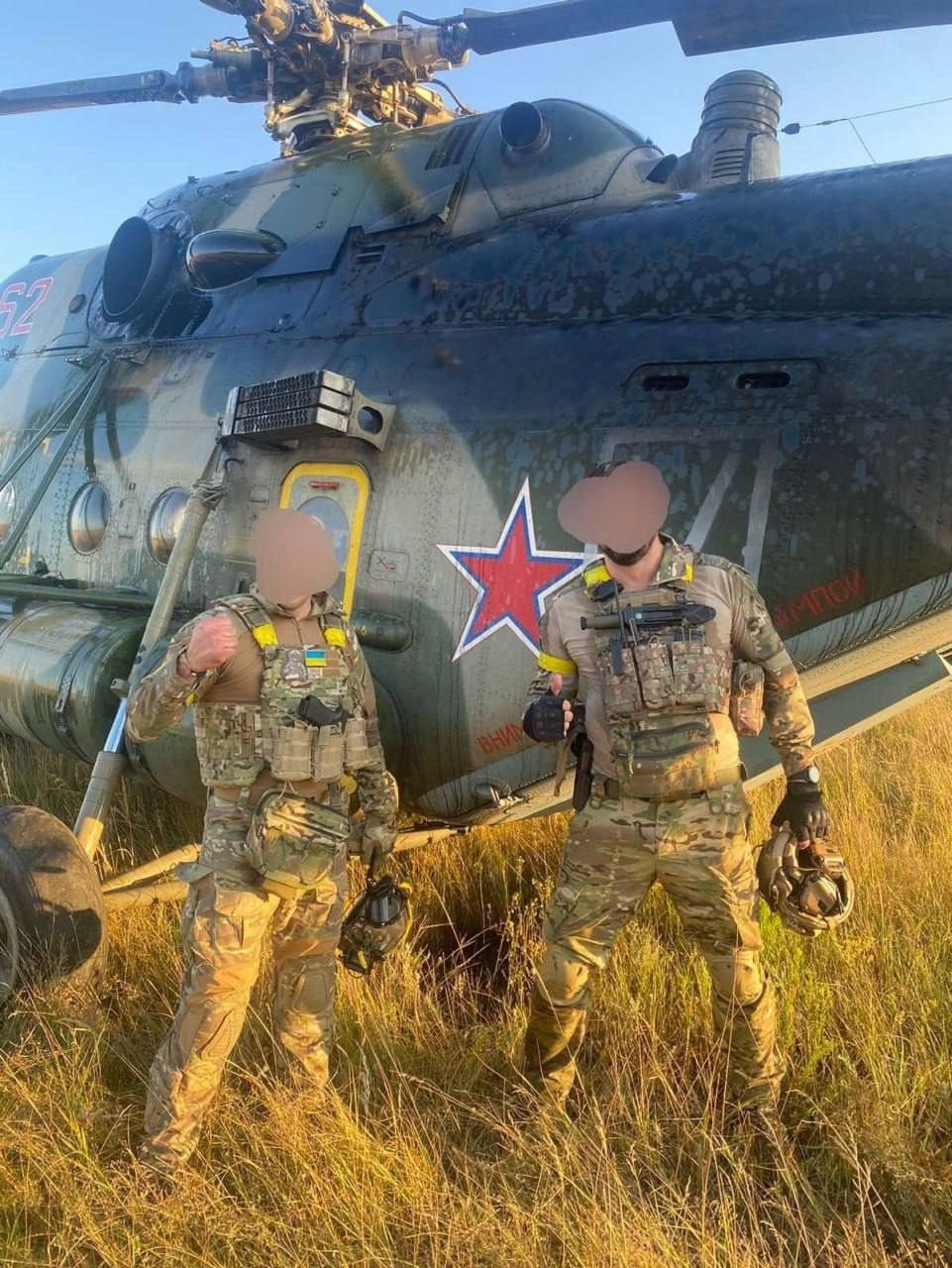The recent defection of a Russian pilot to Ukraine, aboard a Mi-8 AMTSh helicopter, has created a stir in military and intelligence communities worldwide. Amidst escalating tensions between Russia and Ukraine, this event challenges the perceived unity within the Russian armed forces and highlights Ukraine’s efforts to encourage defections. This report delves into the incident’s details and its broader implications.

The Defection: Key EventsIn a daring move, the Russian pilot landed the Mi-8 helicopter at Ukraine’s Poltava military airbase in Kharkiv, catching base staff off-guard. Ukrainian intelligence spokesperson Andriy Yusov revealed the defection was six months in the making, including relocating the pilot’s family to Ukraine ahead of the act.

The operation led to the unfortunate elimination of two crew members who were unaware of the defection plan. Evidence supporting the defection, including blood-flecked paperwork and photographs of the helicopter, has been made public.
Strategic Importance of Mi-8 HelicopterThe Mi-8 helicopter, a versatile military asset used for transport and capable of being outfitted for various roles, including as a gunship or reconnaissance platform, is central to this incident. Notably, the helicopter also carried parts from Su-27 and Su-30SM multirole fighter jets, offering Ukraine potential insights into Russian aviation technology and tactics.




Psychological and Operational ImpactThis meticulously planned defection raises significant concerns about morale and ideological unity within the Russian military. Ukraine’s strategy to offer monetary incentives for such defections, especially when involving military hardware, seems to be yielding results.
Geopolitical ImplicationsRussia’s attempt to explain the helicopter’s landing as an accident due to crew disorientation has been widely discredited, considering the distance from the frontline. This event is likely to exacerbate diplomatic tensions and could escalate regional hostilities.
• Credibility Questioned: The incident undermines the image of a cohesive and loyal Russian military.
• Information Bonanza: Ukraine gains invaluable intelligence and technical insights.
• Policy Validation: The effectiveness of Ukraine’s incentive program for defectors is increasingly evident.
• Diplomatic Strain: The defection may hinder any ongoing peace negotiations between Russia and Ukraine, adding another layer of complexity to an already tense relationship.
This defection not only signifies a tactical victory for Ukraine but also symbolizes a significant psychological blow to Russian military morale, potentially encouraging further defections. The ramifications of this event will undoubtedly influence the strategic calculus of both nations moving forward.























+ There are no comments
Add yours